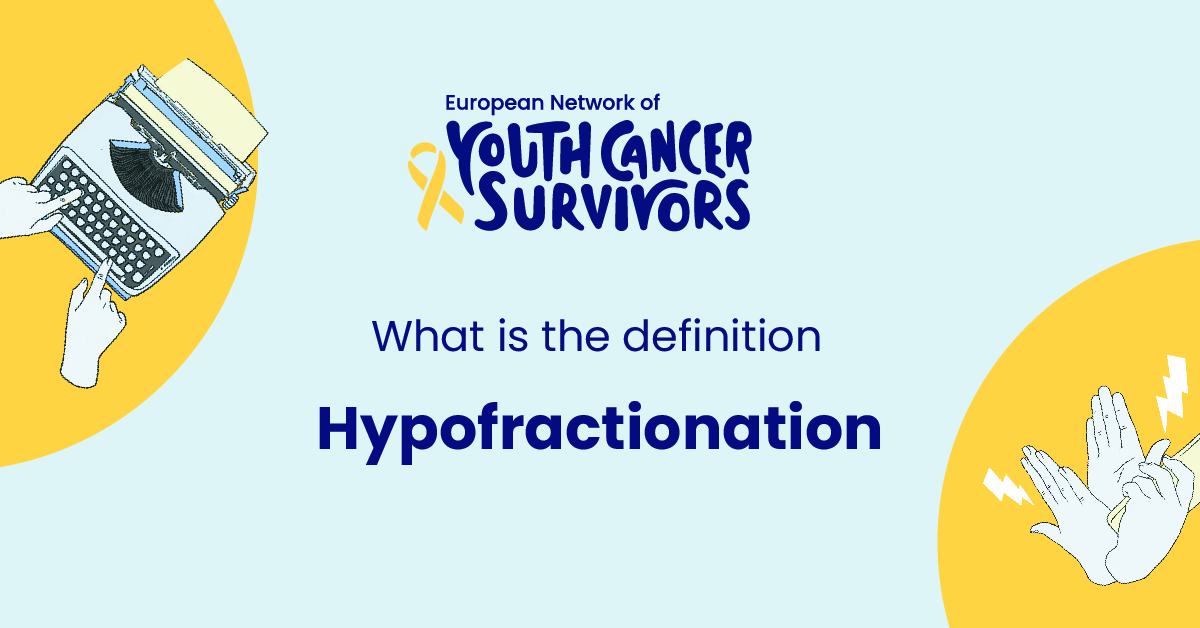
Staggering advancements in medical science have revolutionized the approach to cancer treatment. A notable player in this arena is ‘Hypofractionation’. As a comprehensive treatment strategy, it is evermore essential to understand Hypofractionation holistically.
The Critical Role of Fractions in Radiation Therapy
The cornerstone of radiation therapy lies in fractions. Essentially, fractionation in radiation therapy is breaking down the total dose of radiation into smaller doses (fractions) delivered over time.
The purpose of fractionation is to minimize injury to healthy tissues while delivering a lethal dose to cancer cells. It aims to strike a balance between maximizing cell death in tumors and minimizing damage to normal tissues.
Hypofractionation: An Integral Part of Radiation Therapy
Now, let’s delve into Hypofractionation. This term refers to radiation treatment administered in larger doses over fewer sessions than standard fractionation. In this process, each treatment fraction’s dose is higher, consequently reducing the total number of treatment sessions.
From the perspective of radiation therapy, Hypofractionation fits into clinical scenarios where more aggressive dose escalation might provide a clinical benefit. Also, it is useful in situations where the shortened treatment time offers improved patient comfort and convenience.
The Pros and Cons of Hypofractionation
Advantages of Hypofractionation
One of the main advantages of Hypofractionation is that it reduces the total treatment time. This can lead to a significant improvement in the patient’s quality of life, reducing hospital visits and travel time.
Moreover, Hypofractionation increases convenience for patients as there are fewer treatment sessions involved. Additionally, there is increasing evidence to suggest that Hypofractionation might result in greater tumor control in certain types of cancers.
Disadvantages of Hypofractionation
The treatment, though beneficial, comes with potential drawbacks. With the increased potency of each treatment, there’s a risk of heightened side effects, requiring meticulous administration and exact dose delivery.
The precise delivery of treatment is paramount in Hypofractionation, where elevated doses could lead to substantial collateral damage to healthy tissues if not administered accurately.
Applications of Hypofractionation
Hypofractionation has found its place in treating different types of cancers. These include prostate cancer, breast cancer, and non-small cell lung cancer, among others. Clinical studies have reported favorable outcomes for these cancers with Hypofractionation.
For example, in treating early-stage breast cancer, Hypofractionation has resulted in similar cancer control and cosmesis as compared to conventional fractionation, yet with the added benefits of better convenience and potentially fewer side effects.
Get to know us better
If you are reading this, you are in the right place – we do not care who you are and what you do, press the button and follow discussions live

Hypofractionation vs. Traditional Fractionation
Traditional fractionation involves low-dose radiation therapy extended over a protracted period. Conversely, Hypofractionation uses high-dose radiation over a shorter span.
The appeal of Hypofractionation is the shortened treatment time, but this might increase the risk of short-term side effects compared to traditional fractionation. The choice between the two is best determined by the oncologist, who weighs the patient’s overall health, type and stage of cancer, and location of the tumor.
Conclusion
While Hypofractionation has certain drawbacks, the evidence points towards substantial clinical benefits. The method is fast evolving and is poised to pave the way to the future of cancer treatment.
FAQs
- Is Hypofractionation a better option for all types of cancer?
Not necessarily. The decision to use Hypofractionation is based on the type and location of the cancer, the patient’s overall health, and clinical references.
- How does a doctor determine whether to use Hypofractionation or traditional fractionation?
A doctor will consider factors like the type and stage of cancer, the patient’s general health, and published clinical data while deciding on the appropriate treatment option.
- What are the potential side effects of Hypofractionation?
Potential side effects can include increased short-term skin reactions and inflammation. The precise side effects would depend on the treatment site and dose.
- Is Hypofractionation a new treatment method?
No, Hypofractionation isn’t a new method, but increased precision in radiation therapy has allowed for its wider use in recent years.
- How does Hypofractionation work to destroy tumor cells?
Hypofractionation works by delivering higher doses of radiation in fewer sessions. The high-dose treatment destroys more cancer cells, halting their ability to grow and reproduce.






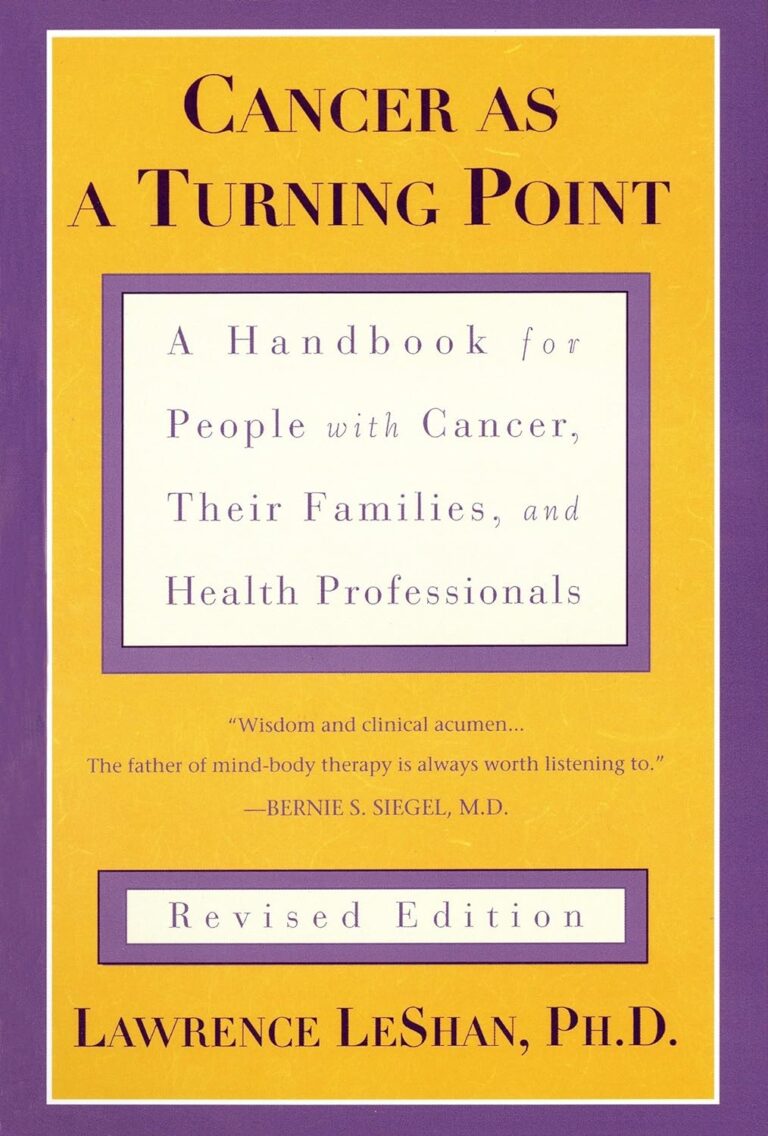



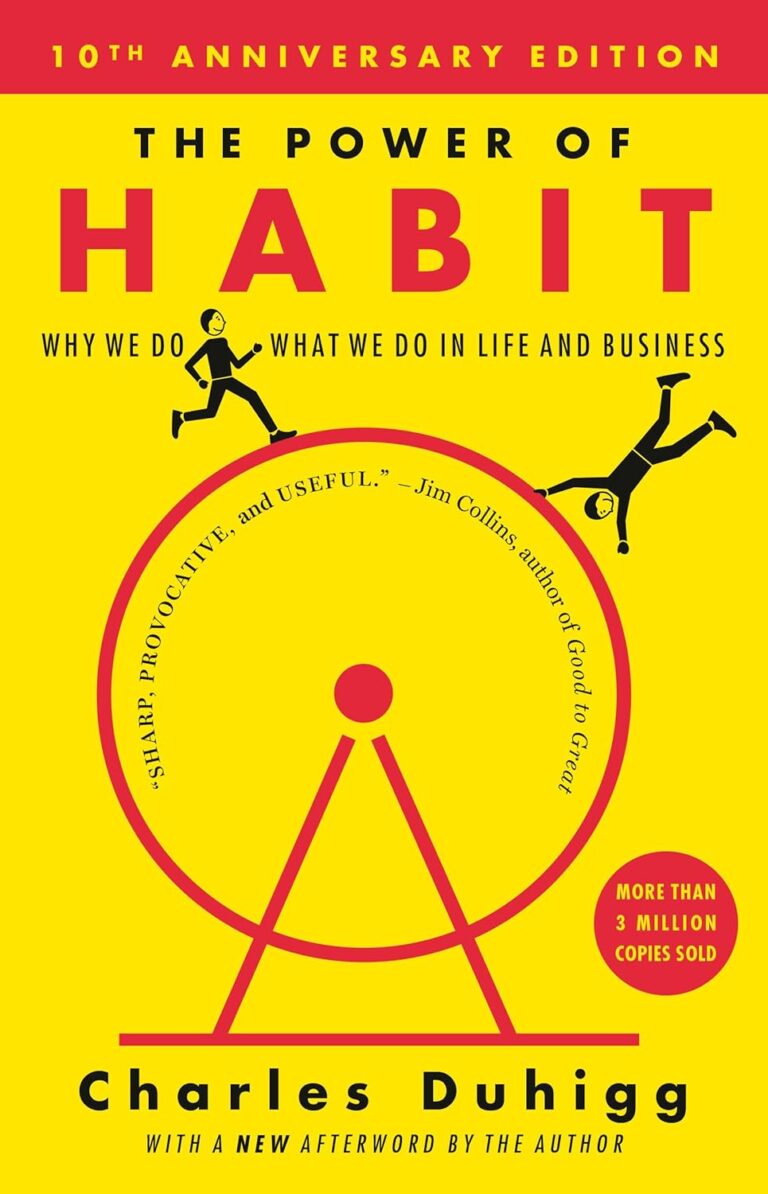
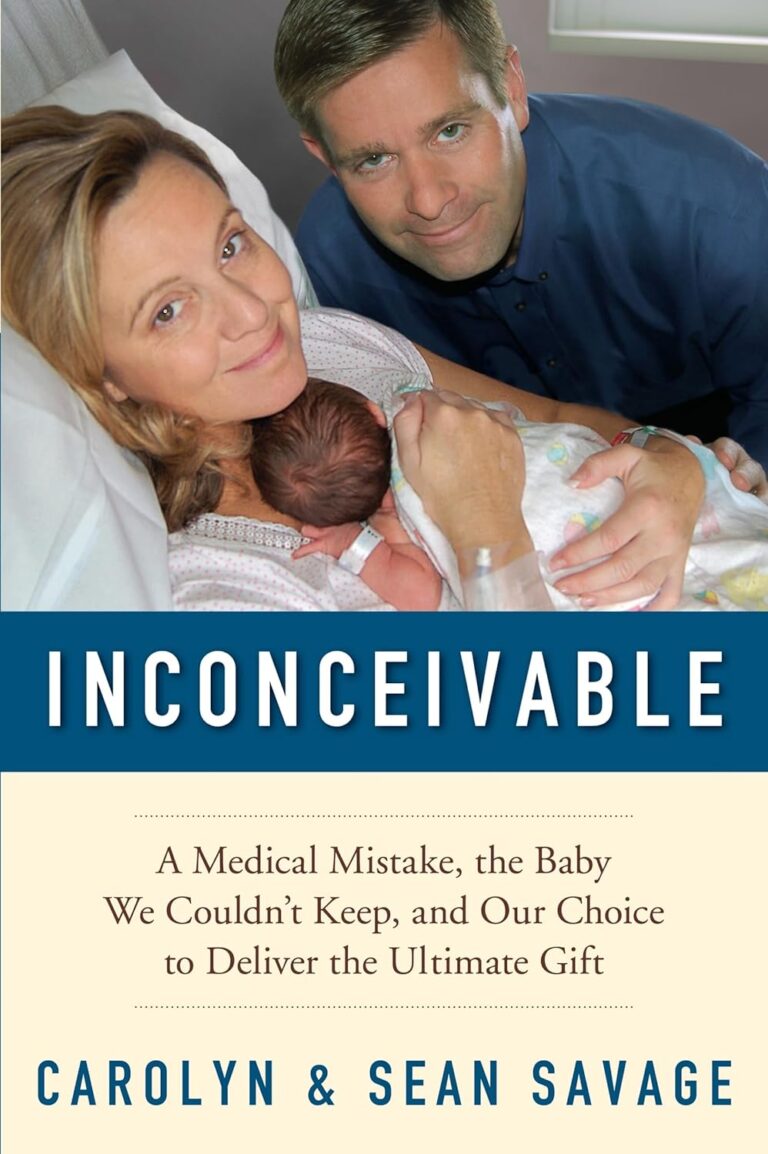
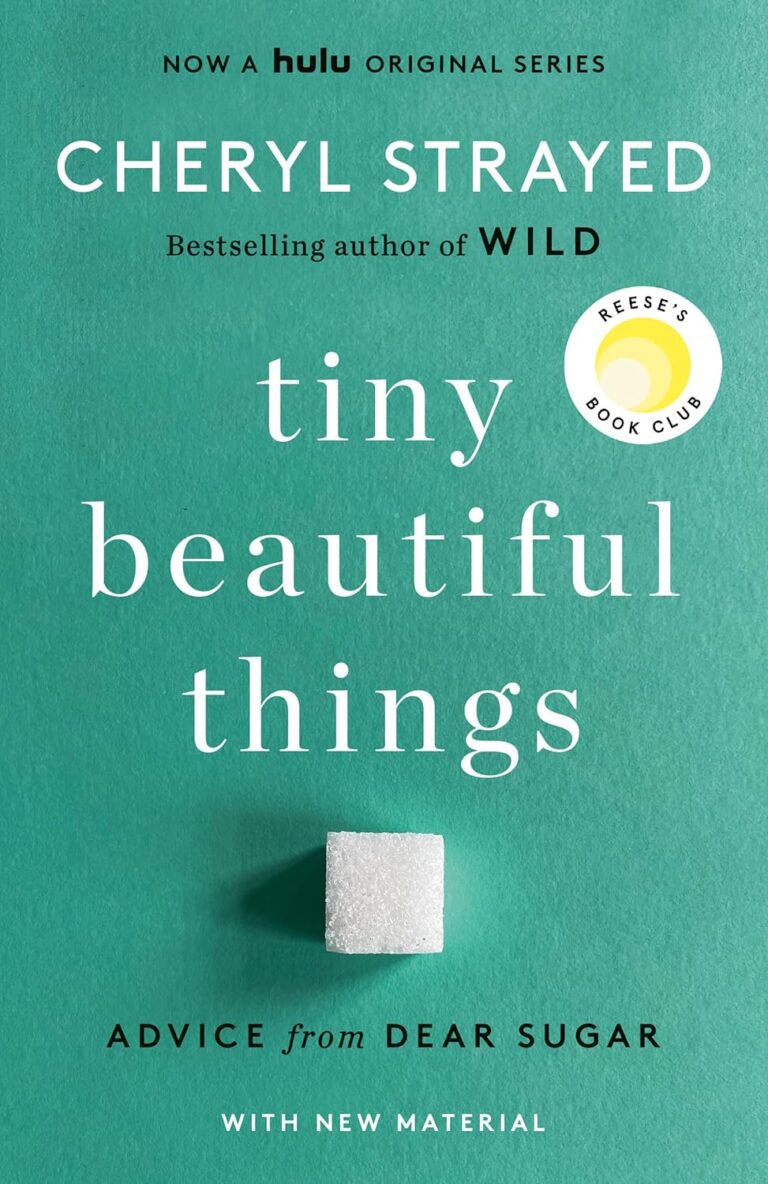
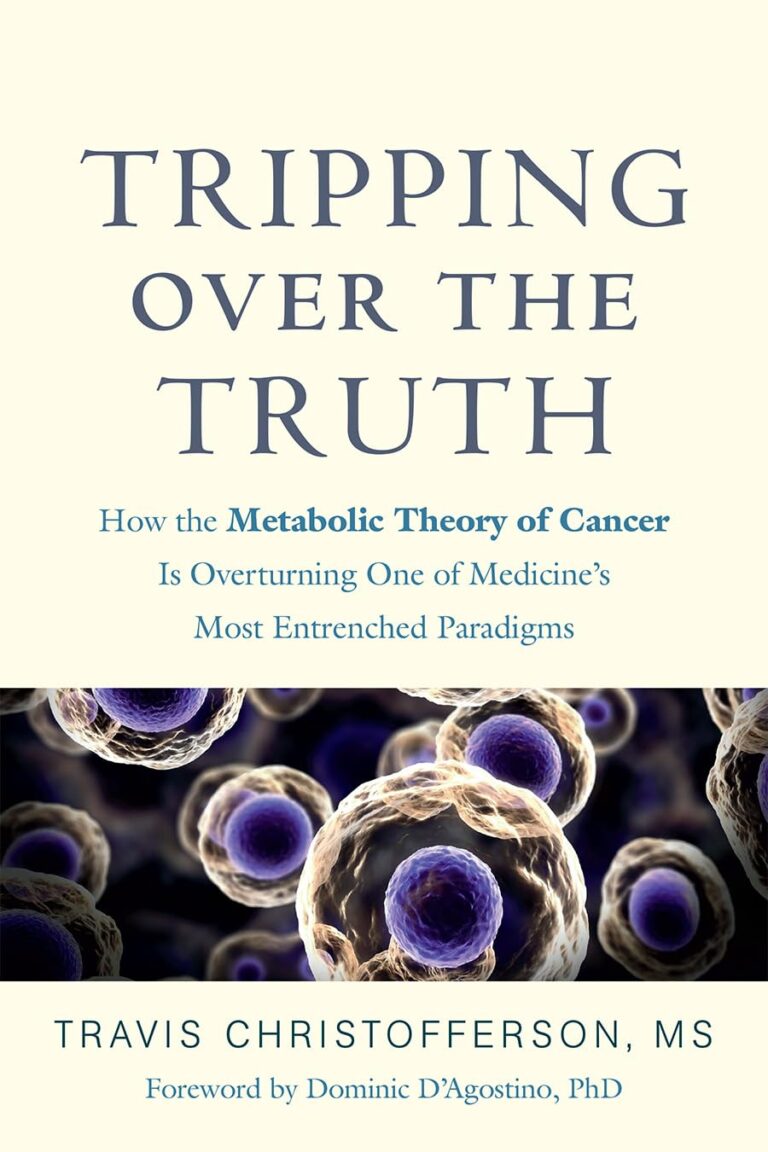
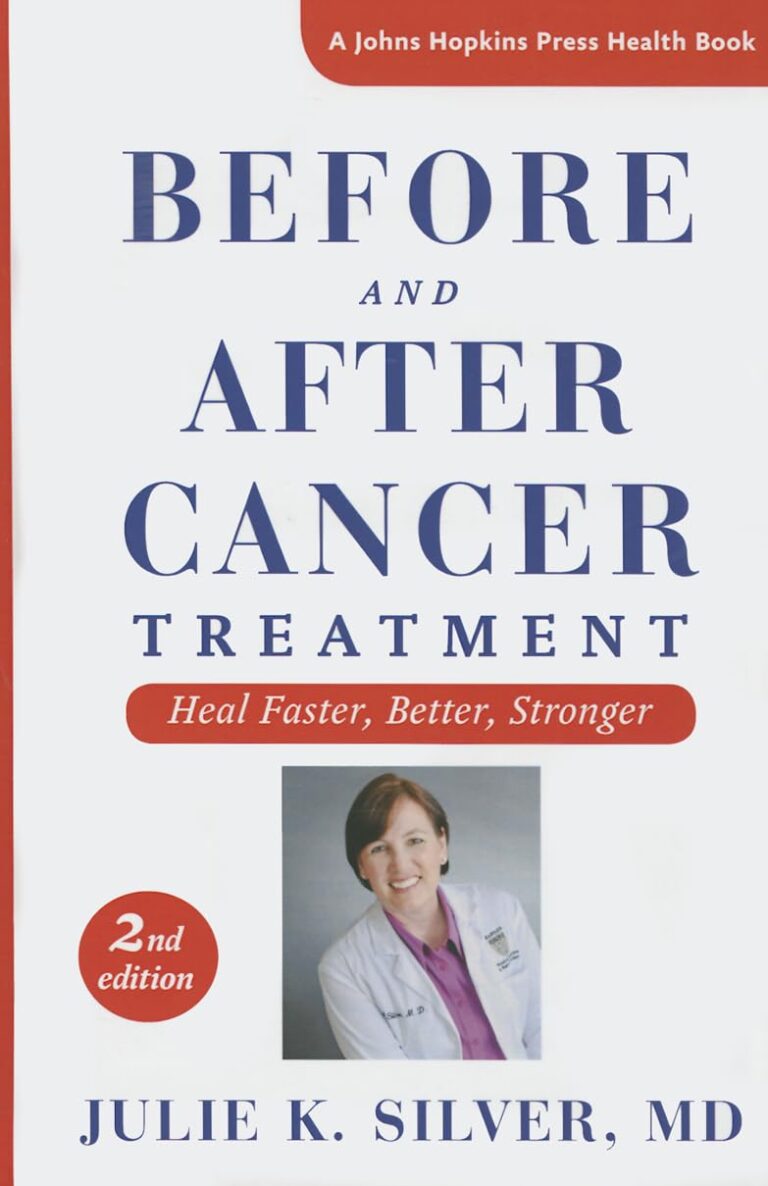
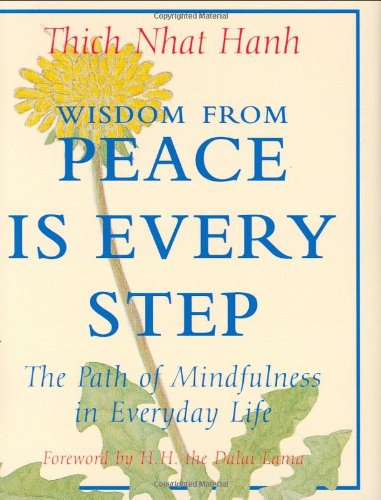

Comments
Thank you. Comment sent for approval.
Something is wrong, try again later